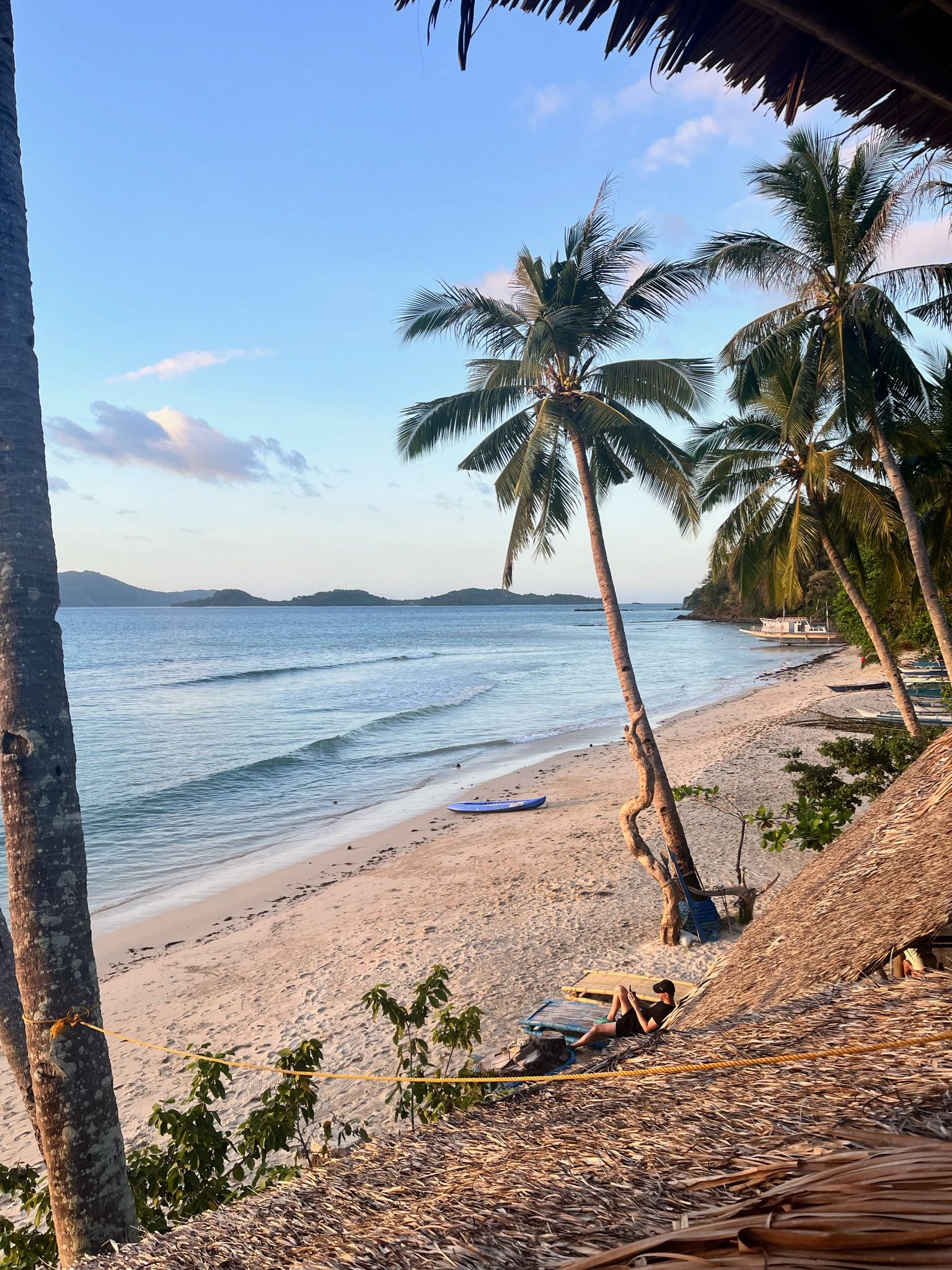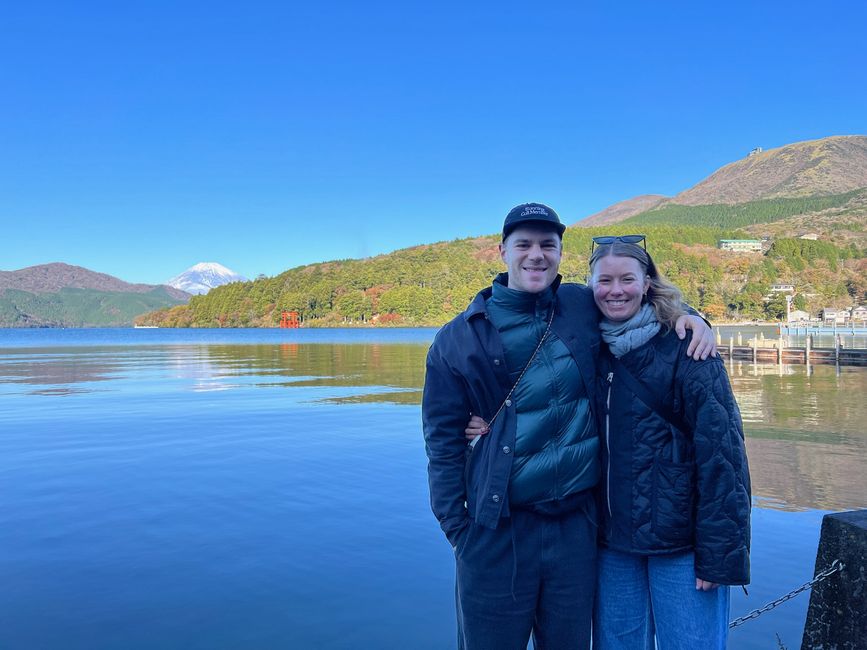Back in Asia: Seoul
Жарыяланган: 10.12.2023
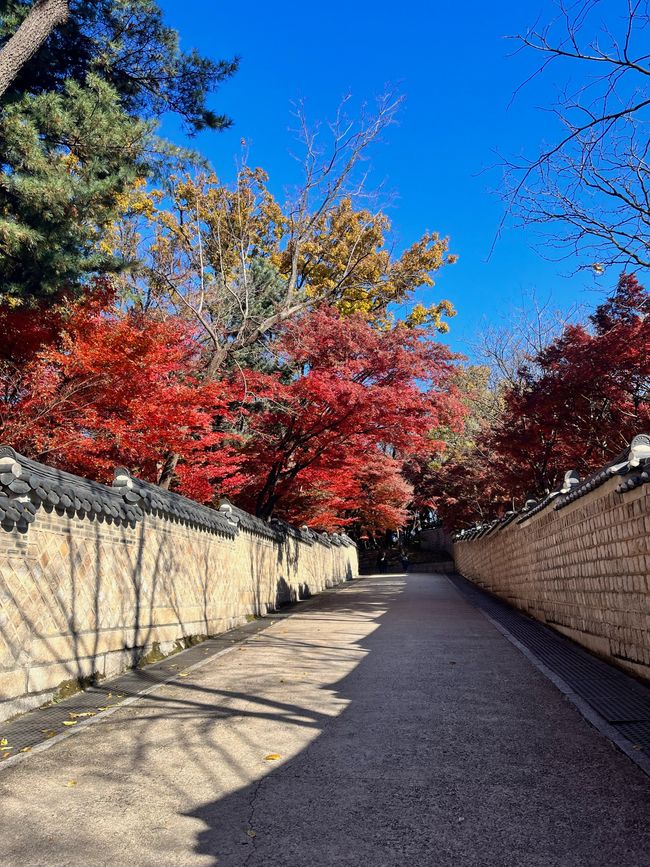
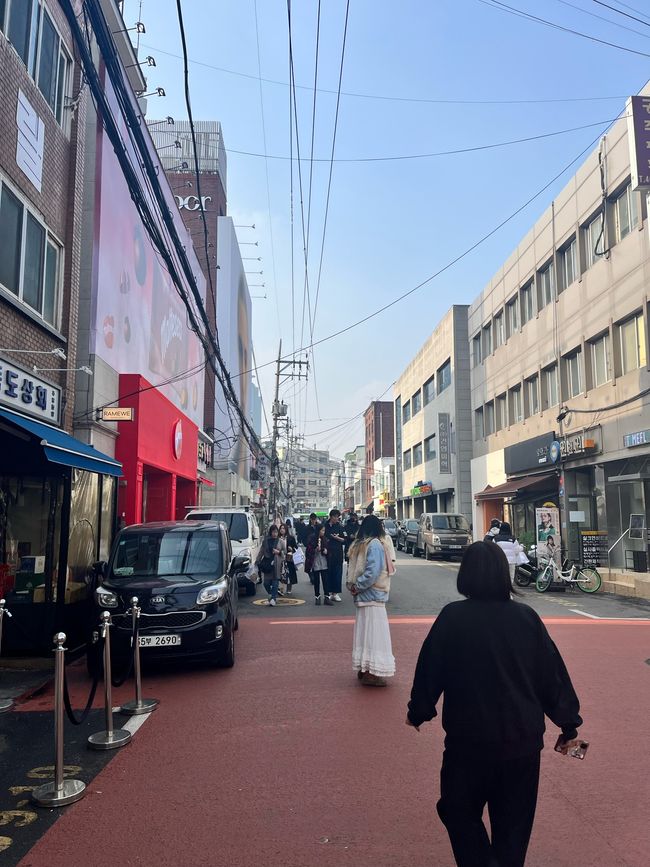
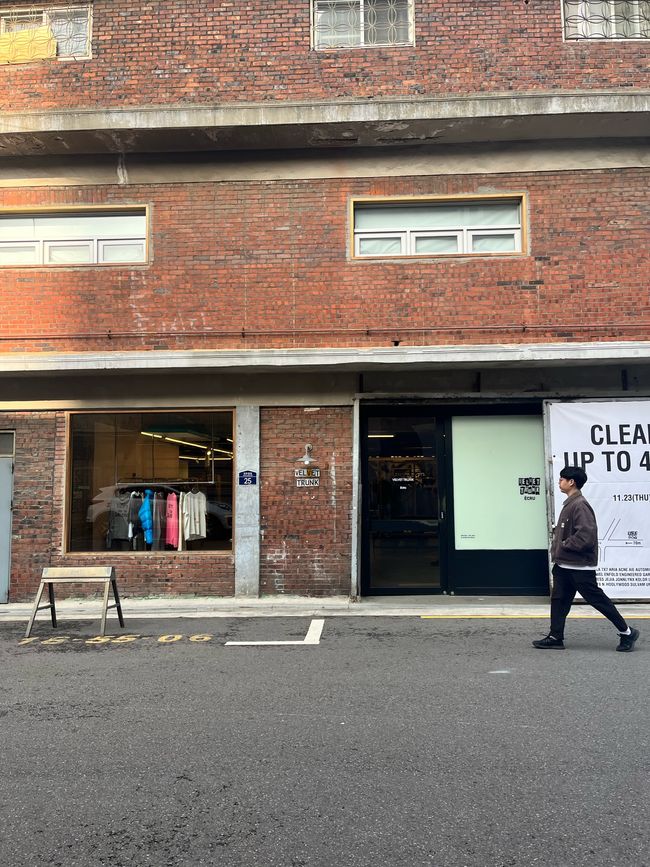
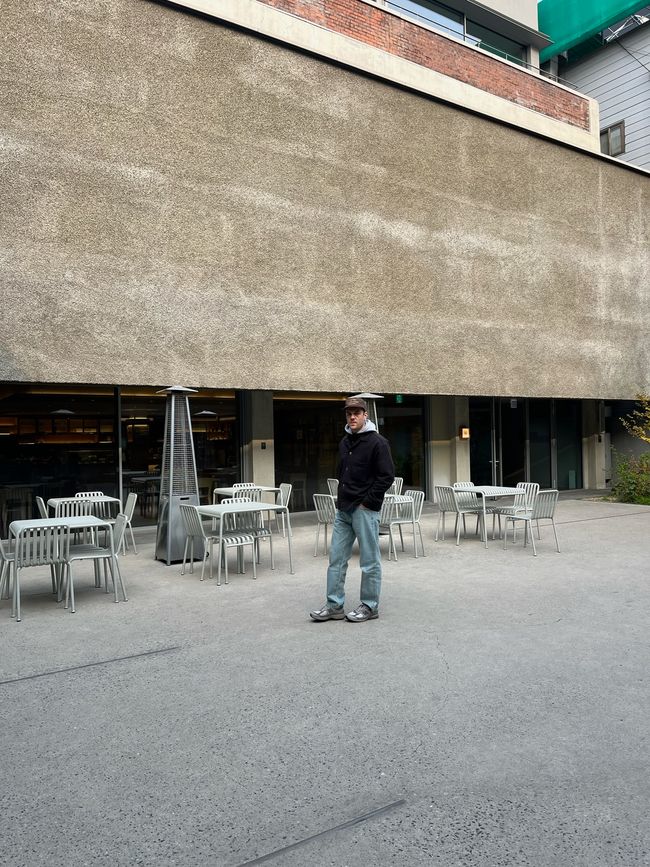
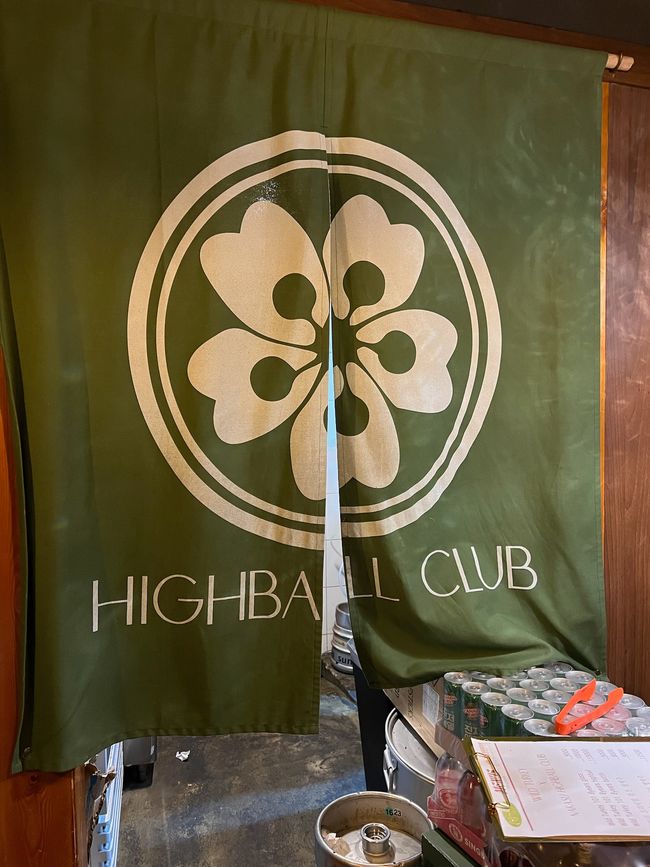

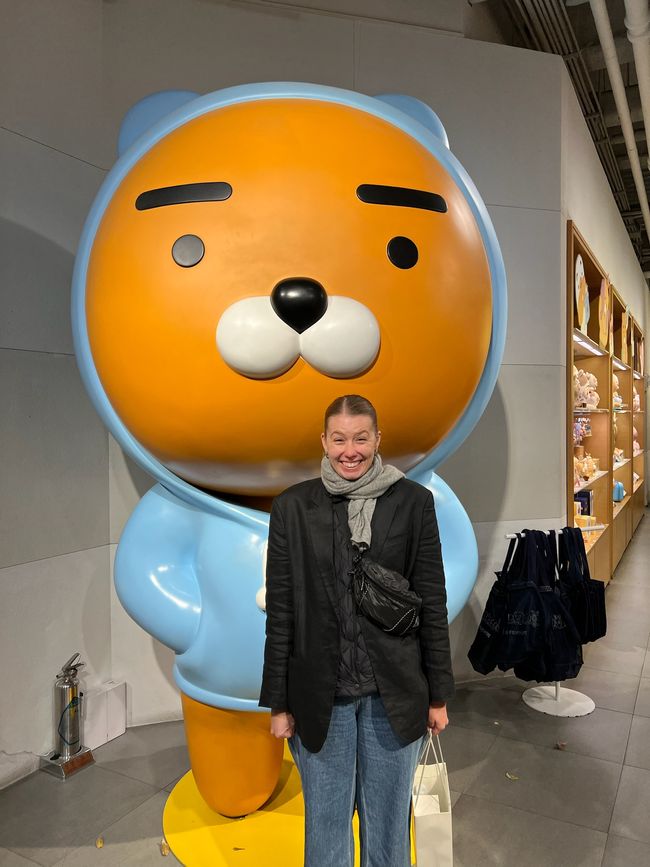
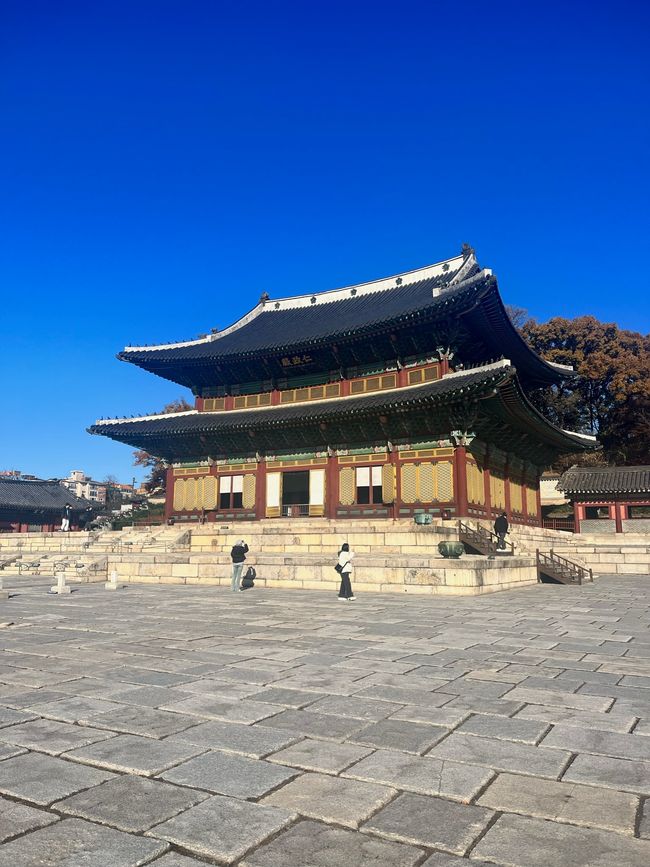
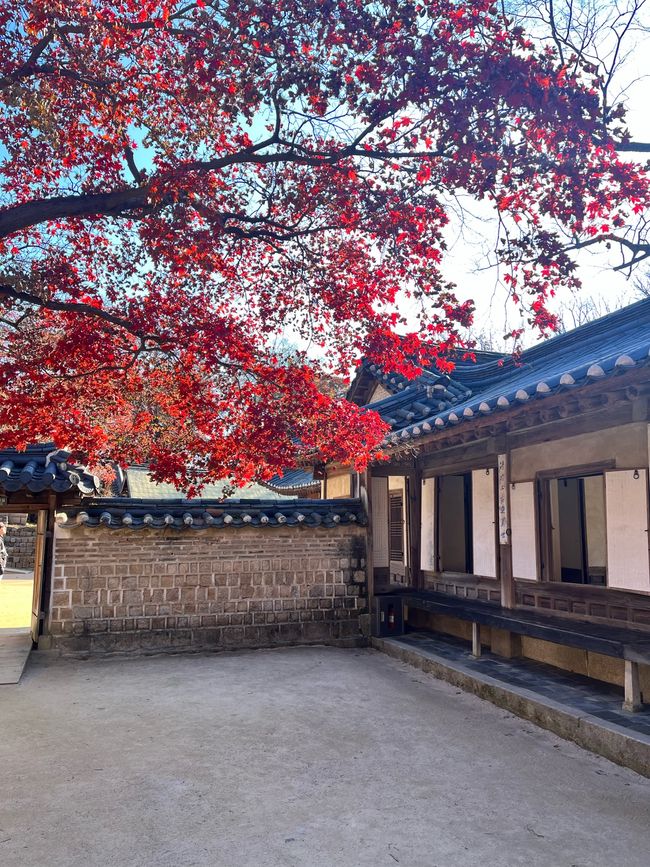
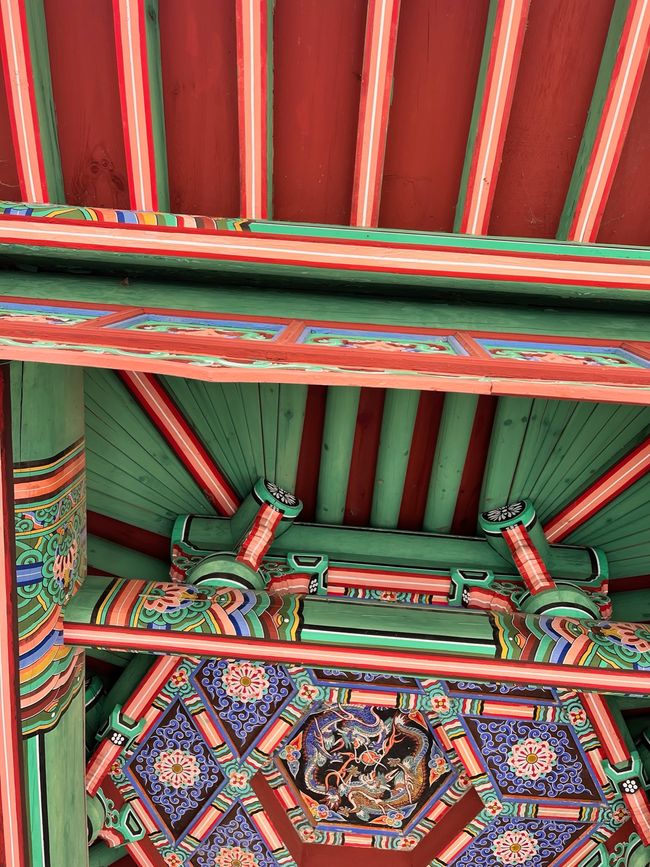
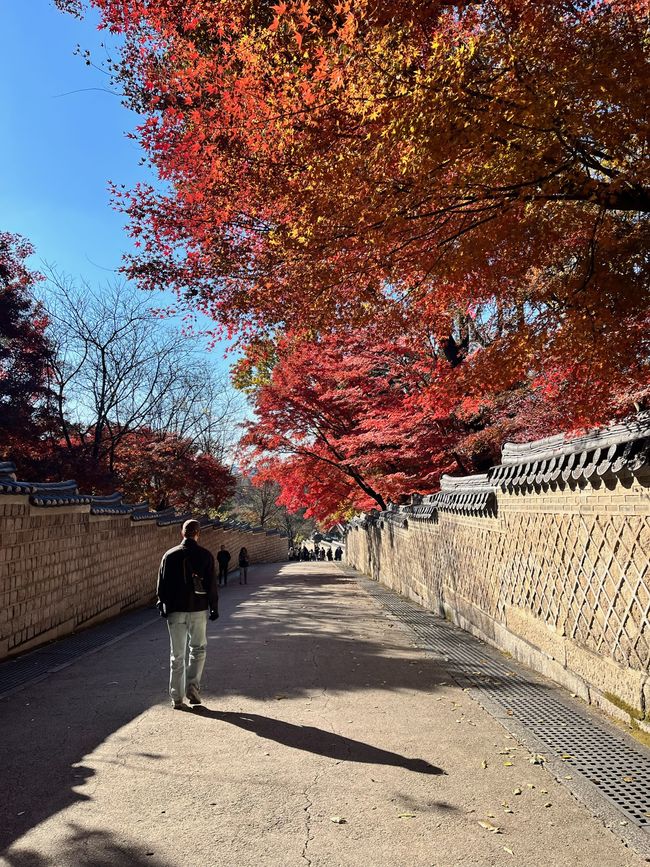
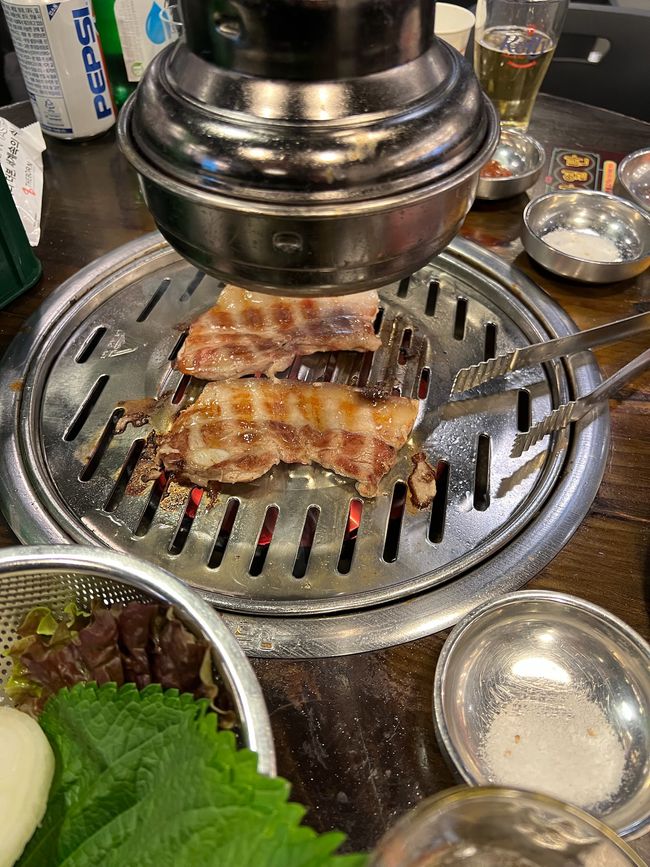
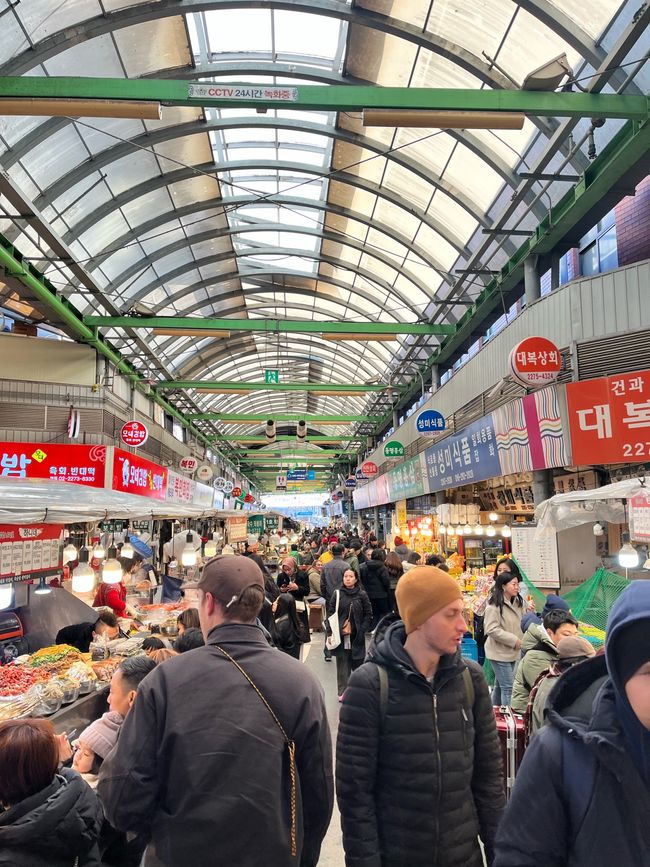
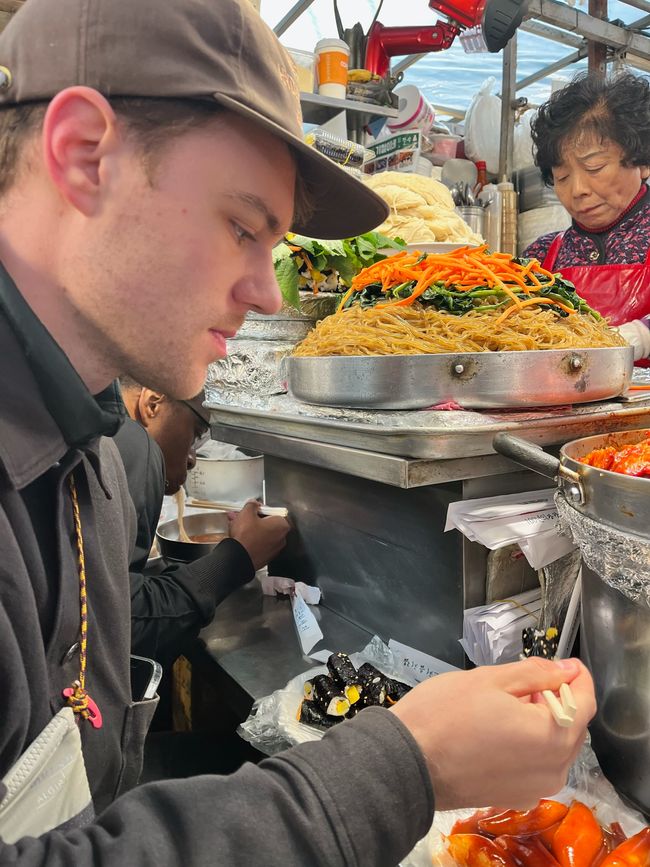
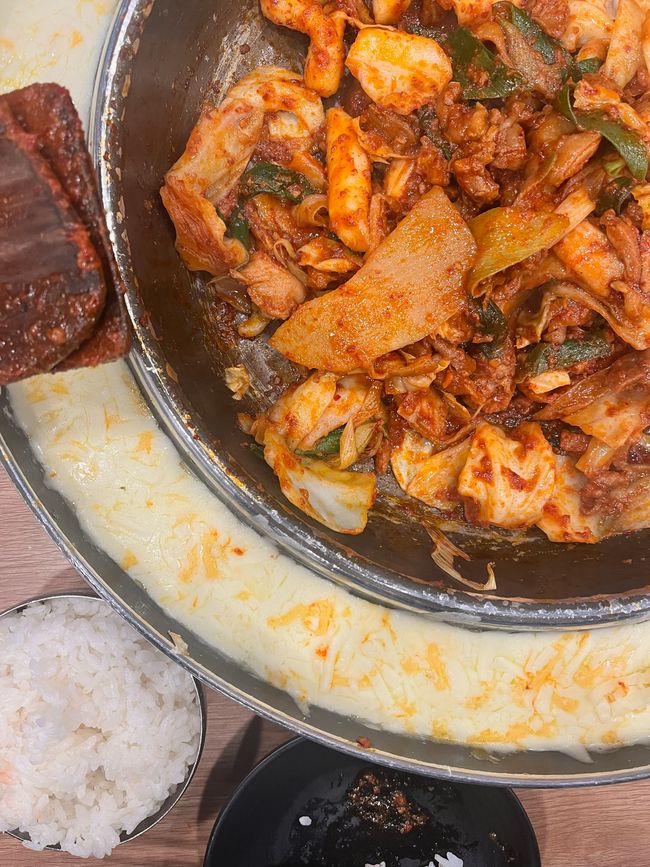
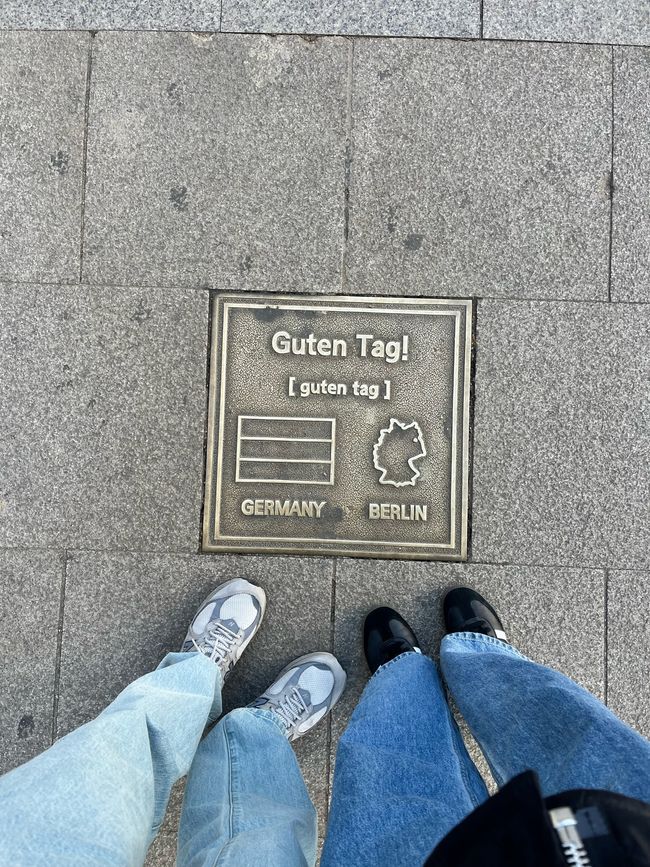
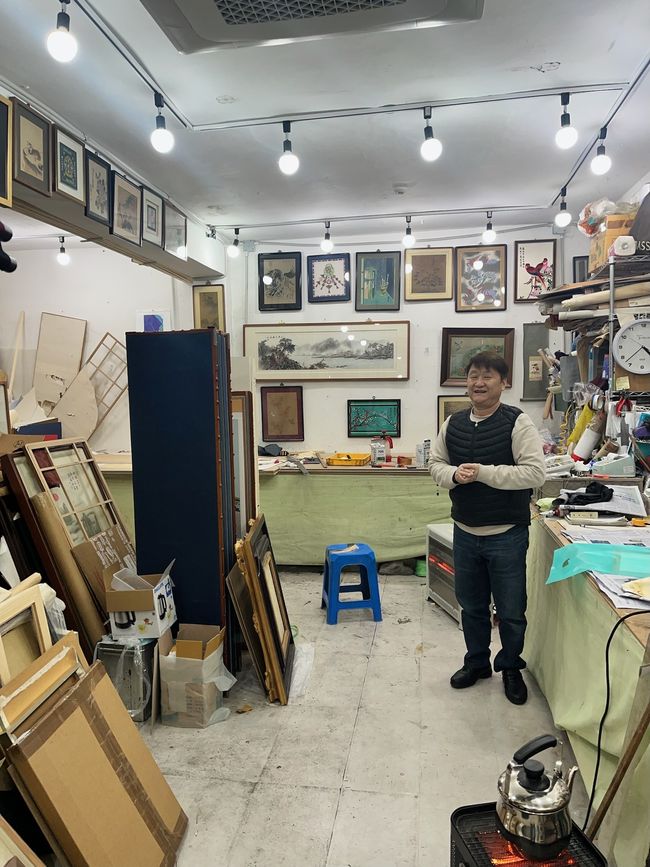
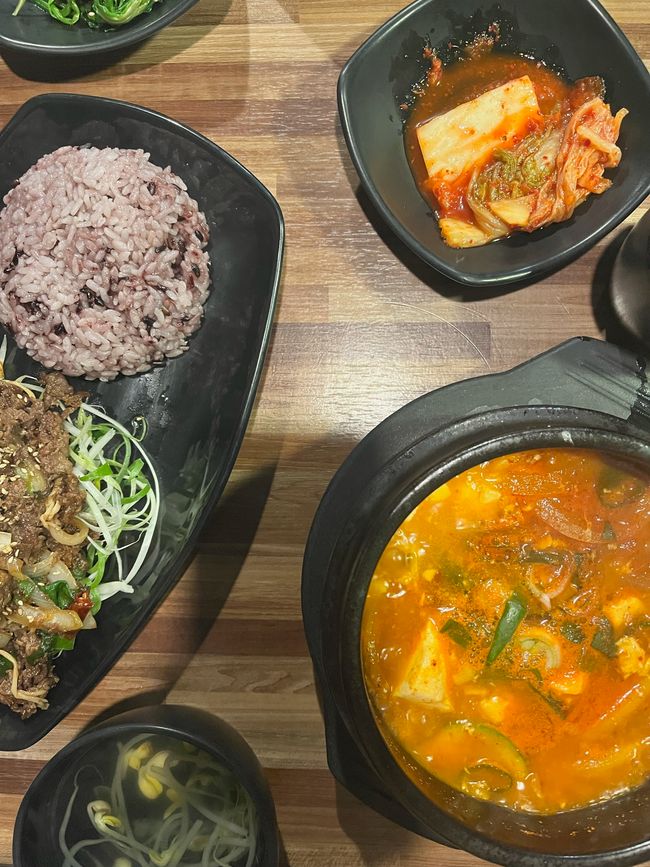
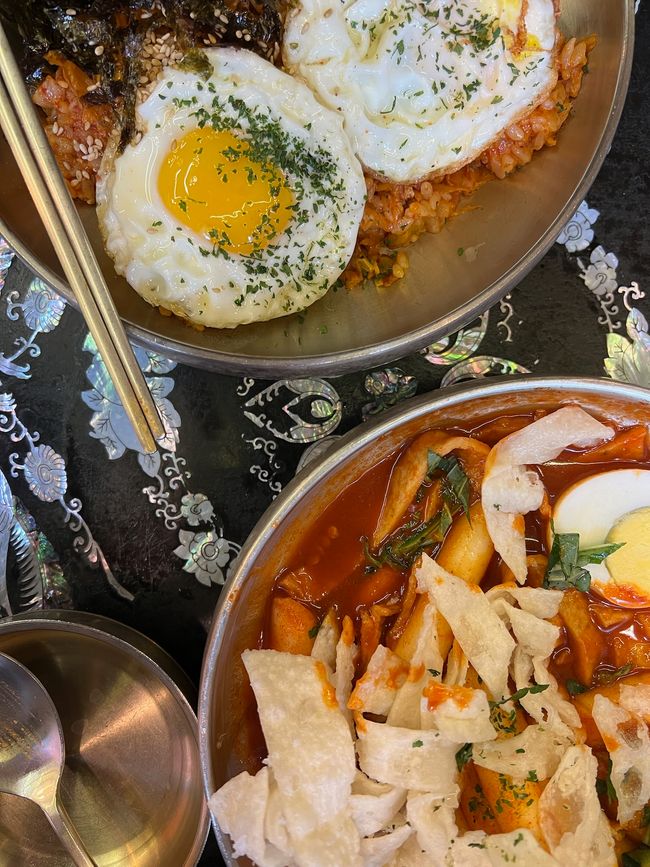
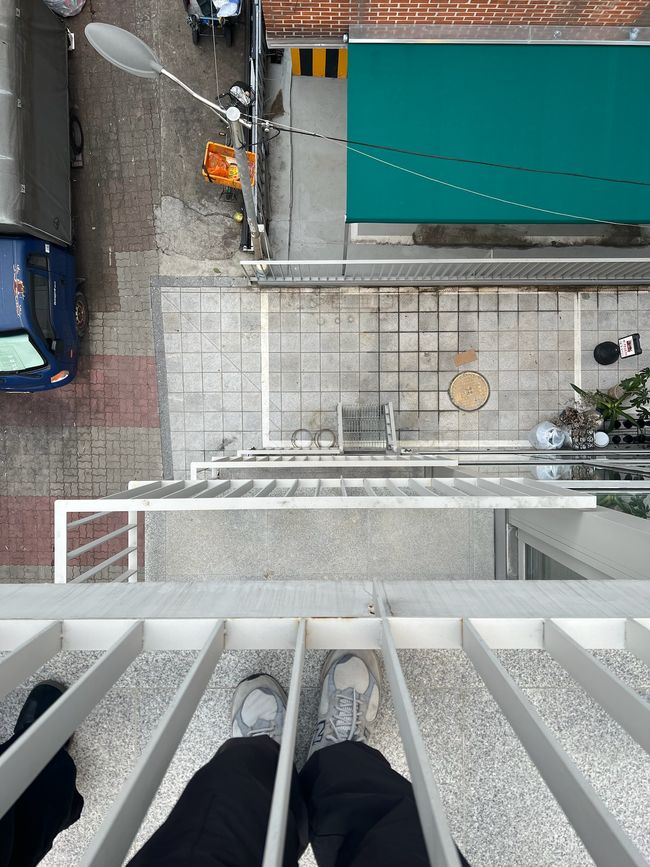
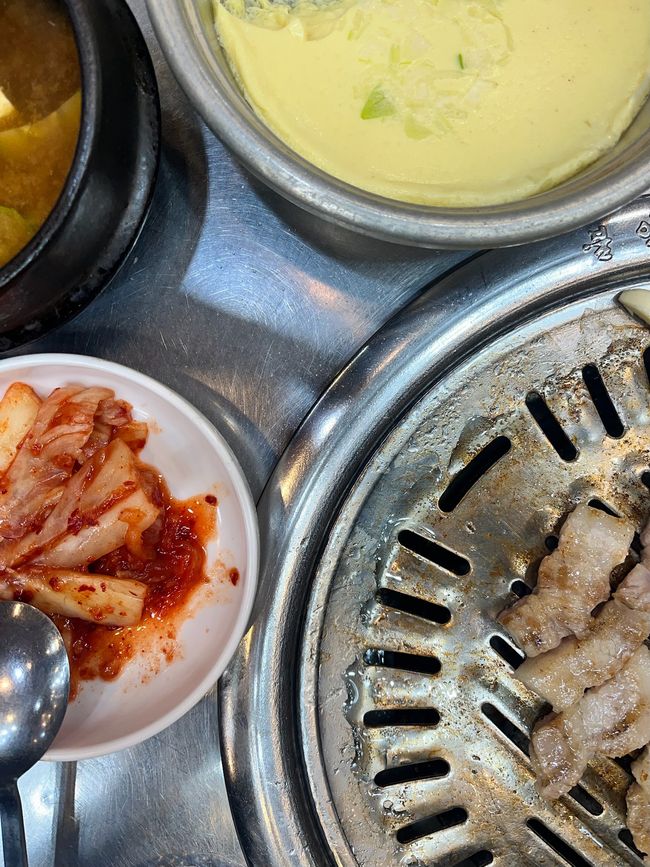
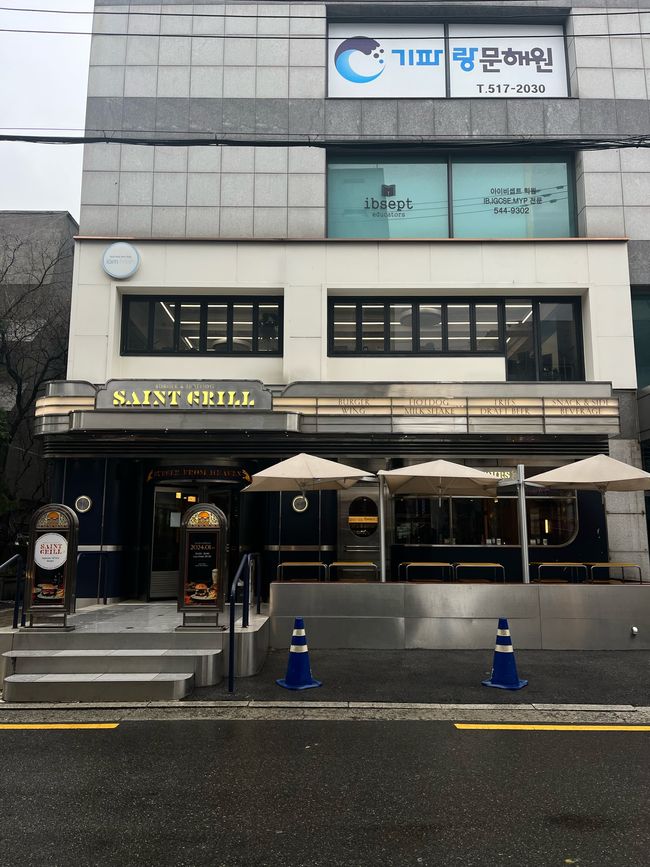
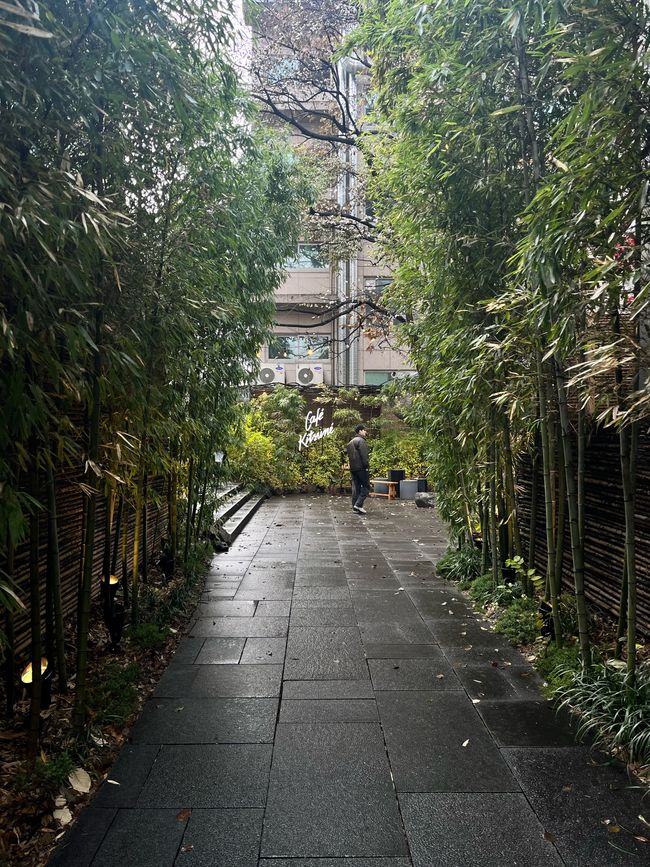
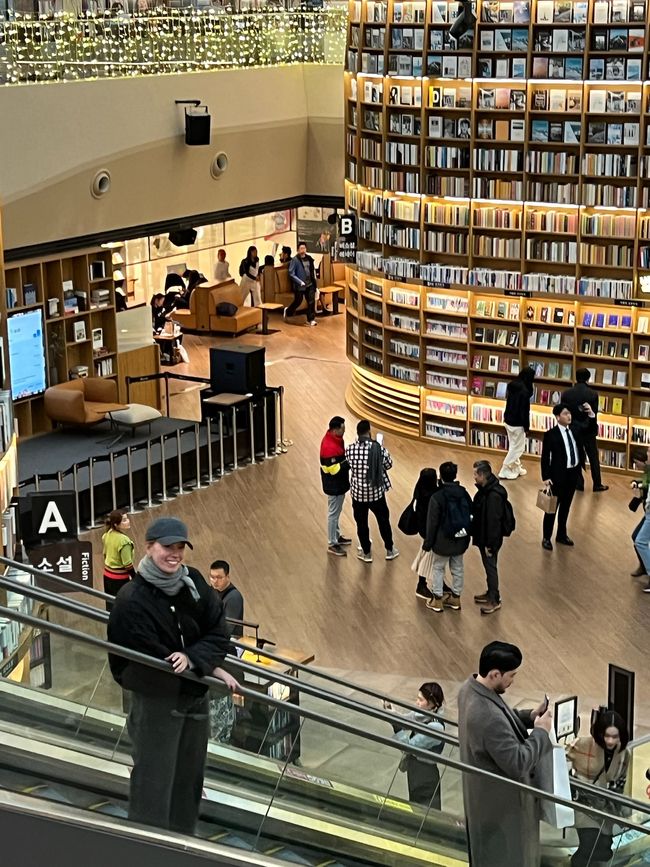
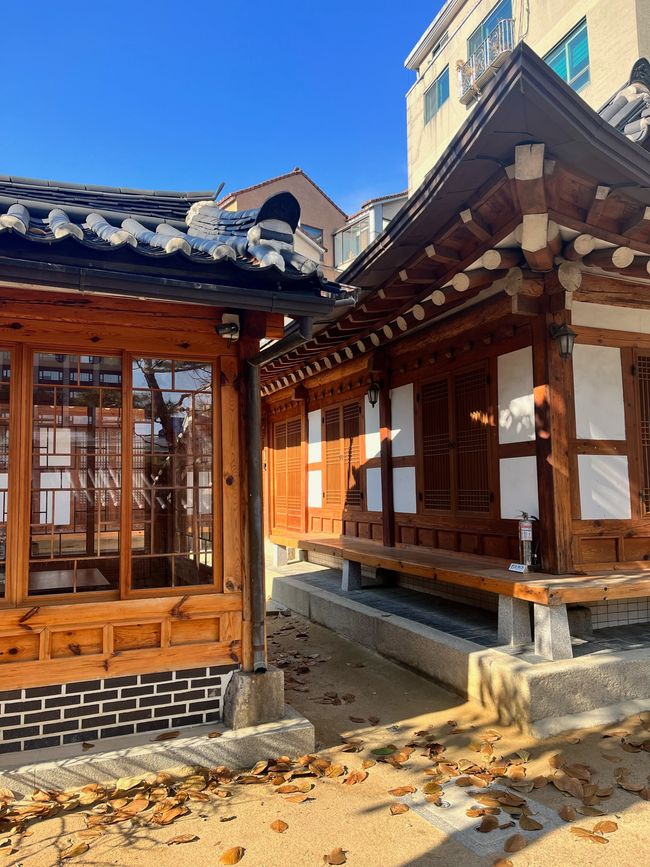
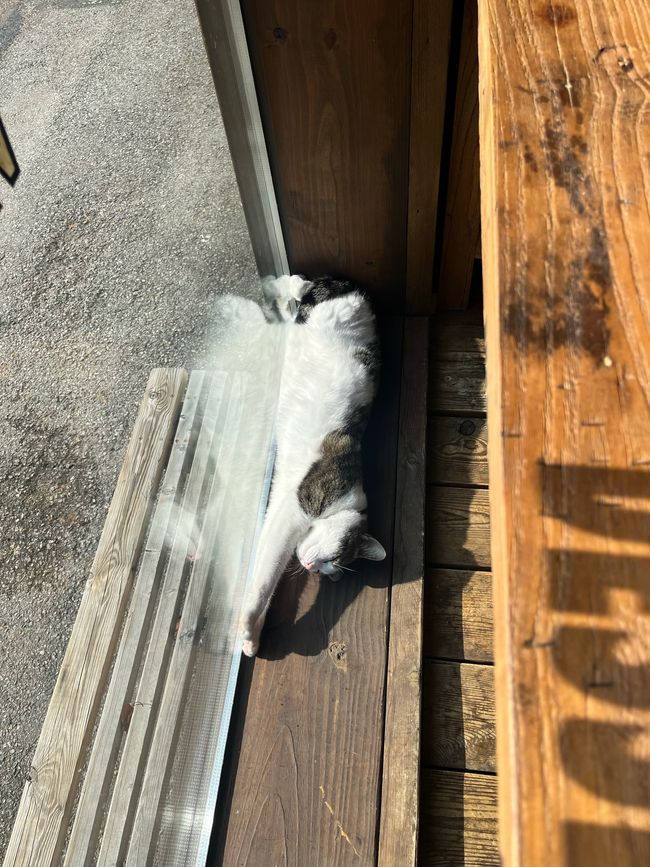
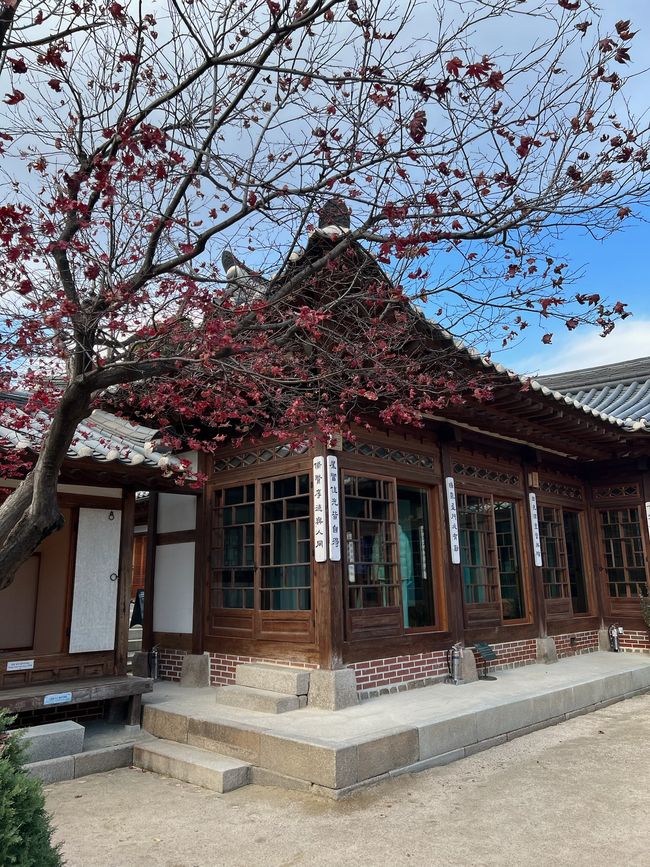
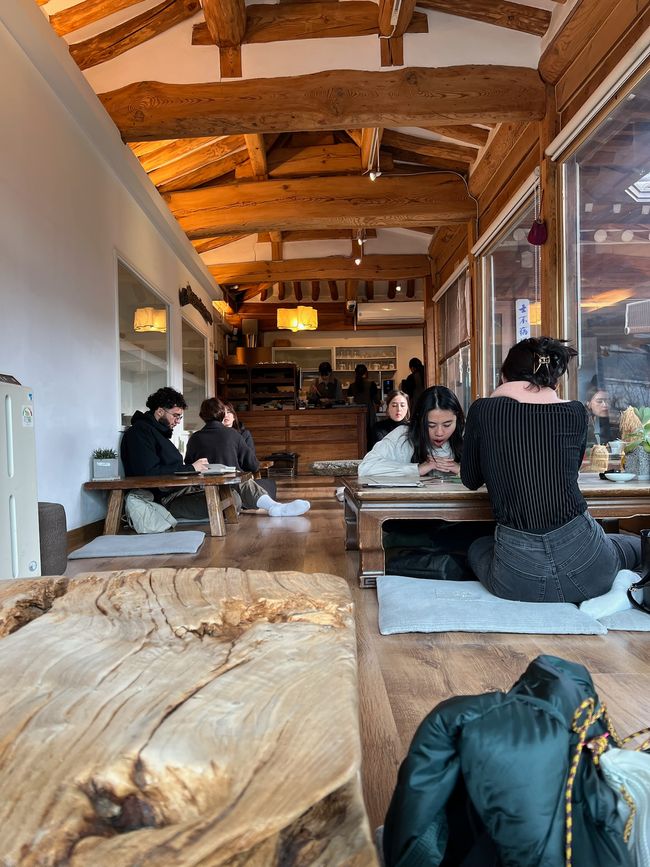
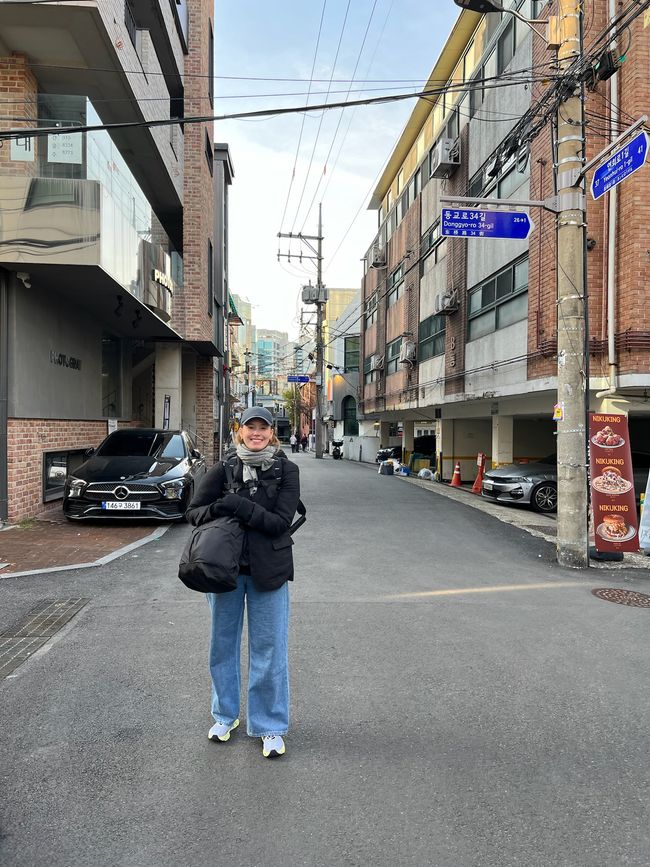
Бюллетенге жазылыңыз
Since we spent the last few days with little internet and at sea in the Philippines (more on that in the next post), our travel report from Seoul is a little late.
In total we spent 7 days in Seoul, once again with lots of good food and this time with the idea of exploring other parts of Seoul. We had already visited many of the sights during our last stay and therefore had more time to stroll around.
We lived again in the same district as on our last visits and also where Kati's room was during her semester abroad, in Mapo-gu. This area is very lively, especially at night, full of Korean restaurants and very popular with students and young people.
We quickly learned that a lot had changed in this part of town. We had already expected that many cafes and restaurants in fast-paced Seoul would no longer exist, but what surprised us was that entire houses in the Mapo-gu district, which consists of small detached houses in narrow streets, were replaced. Not because they were too old, but often because inns like the one Kati had lived in were not profitable during Corona and were sold and replaced by houses that could be used for catering.
We landed in Seoul relatively late, but were able to take the Airport Express directly to Mapo-gu and didn't miss the opportunity to immerse ourselves in the world of Korean food on the first evening. Our first stop: Korean Barbecue. We went out for barbecue three times during our stay and although we discussed it a lot, in the end we chose this meal as our favorite in Korea.
Barbecue in Korea always primarily means grill, whether pork belly, beef or, in our case, lots of mushrooms, everything is prepared on a round table grill. As side dishes there is salad, which is used to pack the meat into small wraps before eating, samjang - a slightly spicy, nutty sauce, garlic cloves - which are fried and packed into the wraps, further salads in sauce and sometimes steamed scrambled eggs, which is incredibly airy. These side dishes are called banchan in Korea and apart from the ones mentioned above, there are other variants such as sweet potatoes, radishes, etc.
Other contenders for our favorite Korean food were of course the fried chicken, a chicken stir-fry in spicy sauce served with cheese called daggalbi, tteobokki - rice cakes in spicy sauce and especially the Korean stews. Since Korea gets very cold in winter - we already had minus 3 degrees - Koreans like to eat cool and hot soups, which are often cooked with tofu, cabbage and meat. Our favorite stew: Sundubujiggae, a spicy soup with onions, leeks and tofu.
While we didn't always agree on our favorite Korean food, we did agree on one thing: While Japanese food is incredibly good and special in quality, Korean cuisine offers dishes that for us are comfort food.
At the end of our stay we were ready for some warmth and were really looking forward to the Philippines. More on that next time!
Бюллетенге жазылыңыз
Жооп (1)
Toller Reisebericht! Vielen Dank und weiterhin eine gute Reise 😃
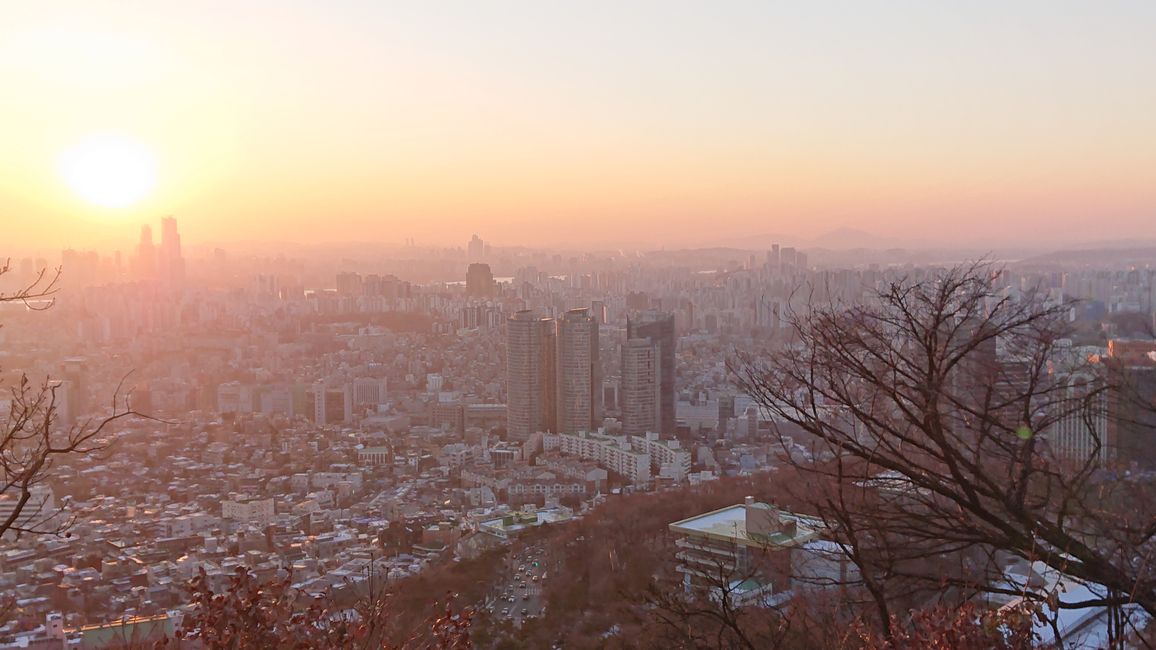
Саякат баяндамалары Түштүк корея
